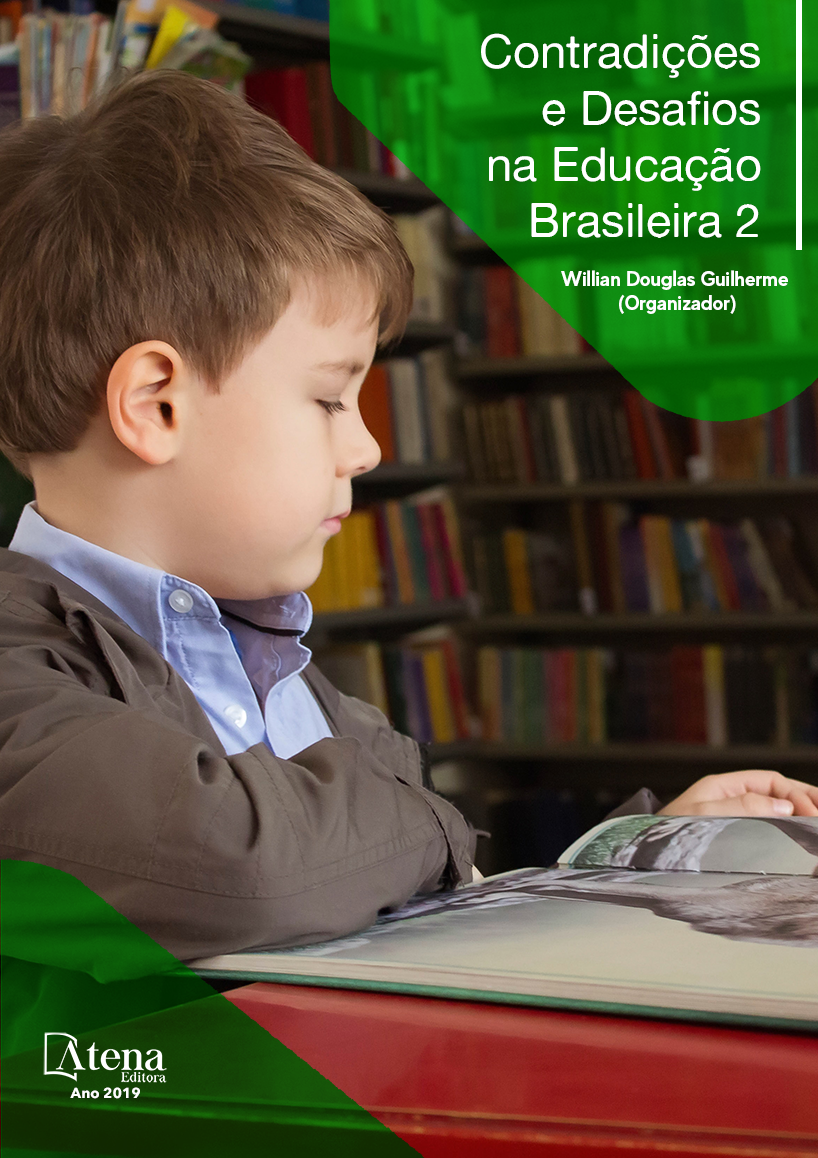
LUDICIDADE NO CONTEXTO DA EDUCAÇÃO INFANTIL
O objetivo deste estudo é apontar a
relevância da presença do lúdico no cotidiano
escolar da educação infantil. O uso do jogo
na educação infantil significa inserir no âmbito
ensino-aprendizagem condições que auxiliam
a construção do conhecimento, assim como,
as propriedades do jogo, do prazer e da
capacidade de ação motivadora. A oposição
estabelecida por alguns entre o brincar dirigido
e o espontâneo pode ser a razão da pouca
qualidade da educação infantil. Essa visão
precisa ser desfeita para que a criança seja vista
em sua totalidade e particularidade, permitindo
o aproveitamento de sua liberdade na escolha
do brinquedo preferido, tendo a mediação de
um adulto ou de outra criança facilitando a
aprendizagem de novas brincadeiras. Durante
um longo tempo, os alunos viam a escola como
algo monótono, onde tinham que frequentar por
pura obrigação, isso era entediante, e quando
brinquedos eram oferecidos às crianças,
muitos pais e até mesmo colegas de trabalho
criticavam essa ação alegando ser perda
de tempo. No entanto, com a descoberta de
que o brincar pode produzir aprendizagem e
desenvolvimento, viu-se que esse processo
torna o aprendizado prazeroso e atraente. A
educação lúdica precisa deixar claro que não
surgiu apenas para que conteúdos conceituais
sejam ensinados, sua função também é
contribuir para o desenvolvimento cognitivo,
físico, moral e social.
LUDICIDADE NO CONTEXTO DA EDUCAÇÃO INFANTIL
-
DOI: 10.22533/at.ed.7431901069
-
Palavras-chave: Lúdico. Educação infantil. Aprendizagem.
-
Keywords: Playful. Child education. Learning.
-
Abstract:
The objective of this study is
to point out the relevance of the presence of
playfulness in the school life of early childhood
education. The use of play in early childhood
education means inserting conditions that help
the construction of knowledge, as well as the
properties of play, pleasure and motivation.
The opposition established by some between
directed play and spontaneous play may be the
reason for the poor quality of early childhood
education. This vision must be undone so that
the child is seen in its totality and particularity,
allowing the use of its freedom in choosing the
preferred toy, having the mediation of an adult
or another child facilitating the learning of new
games. For a long time, students saw school
as monotonous, where they had to attend by
sheer compulsion, this was boring, and when
toys were offered to children, many parents
and even co-workers criticized this claim as being a waste of time. However, with the
discovery that play can produce learning and development, it has been found that this
process makes learning enjoyable and attractive. Play education needs to make it clear
that it did not just come up for conceptual content to be taught, its function is also to
contribute to cognitive, physical, moral and social development.
-
Número de páginas: 15
- Simone Cardoso Silva
- Vivian da Silva Lobato


